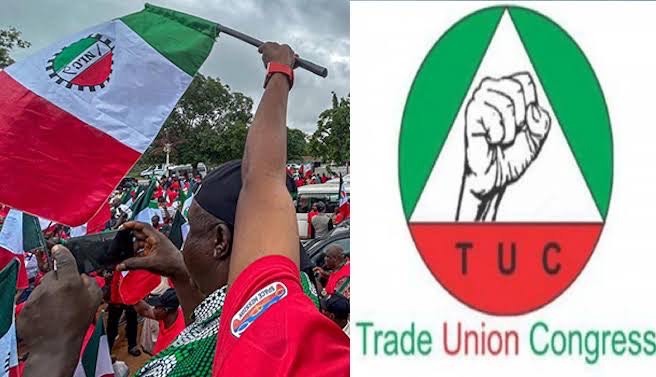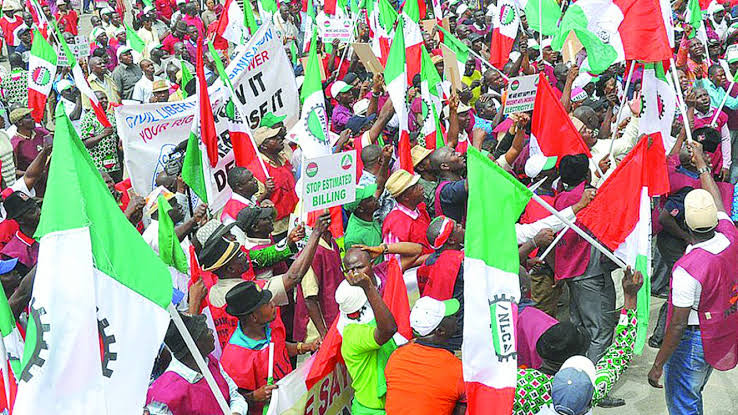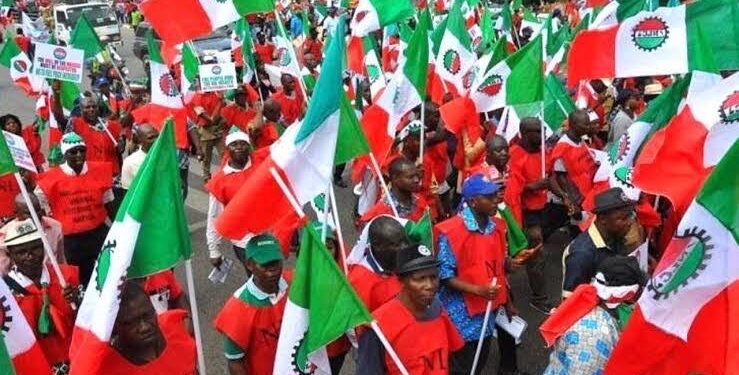As the five-day period of reprieve from the indefinite strike by the Nigeria Labour Congress (NLC) and the Trade Union Congress (TUC) nears its conclusion, the organized private sector (OPS) has issued a warning regarding the ‘No Work No Pay’ provision in case members of the organized labour decide to resume their strike concerning the minimum wage and the rollback of the electricity tariff hike.
The Unions had set a deadline of five working days for the Federal Government to propose an acceptable new wage for workers and reconsider the recent electricity tariff hike.

However, Adewale Smatt-Oyerinde, the Director General of the Nigeria Employers Consultative Association (NECA), expressed during the International Labour Conference (ILC) in Geneva, Switzerland, that employers would indeed enforce the ‘No Work No Pay’ provision if the workers reject the government’s offer of N62,000.
Smatt-Oyerinde highlighted that employers have the legal right, as outlined in the Trade Dispute Act Section 43, to withhold payment for work not carried out. He emphasized the need for a fair approach, questioning the feasibility of payment when no work is completed.
The NECA Director General emphasized that both international and local laws do not grant workers an absolute right to go on strike. The Trade Disputes Act in Nigeria governs the right to strike, while the matter is being deliberated at the International Labour Organization (ILO) level and has been referred to the International Court of Justice (ICJ) for clarity.

He stressed the importance of adhering to the legal framework by all parties involved to maintain a balanced and orderly society. In the context of the ultimatum and potential strikes, these regulations are guided by laws and frameworks, such as the ILO convention on an international level and the Trade Dispute Act in Nigeria.
The NECA boss stated that the employer’s agreement with the Federal Government on N62,000 was based on what is feasible for OPS members. Despite challenges faced by employers in the current economic climate, the decision was made after thorough consideration of economic factors and the need to transition workers from the informal to the formal sector.
He cautioned against setting the minimum wage above N62,000, citing potential negative impacts on Small and Medium Entrepreneurs (SMEs) that dominate the informal economy. The NECA director general highlighted the importance of maintaining a balance between economic realities and the welfare of workers.
Furthermore, the Organized Labour awaits President Bola Tinubu’s response to the Minimum Wage report, which will guide their next steps in the ongoing dispute. President Tinubu’s decision on the matter will significantly influence the resolution of the current national issue.


































